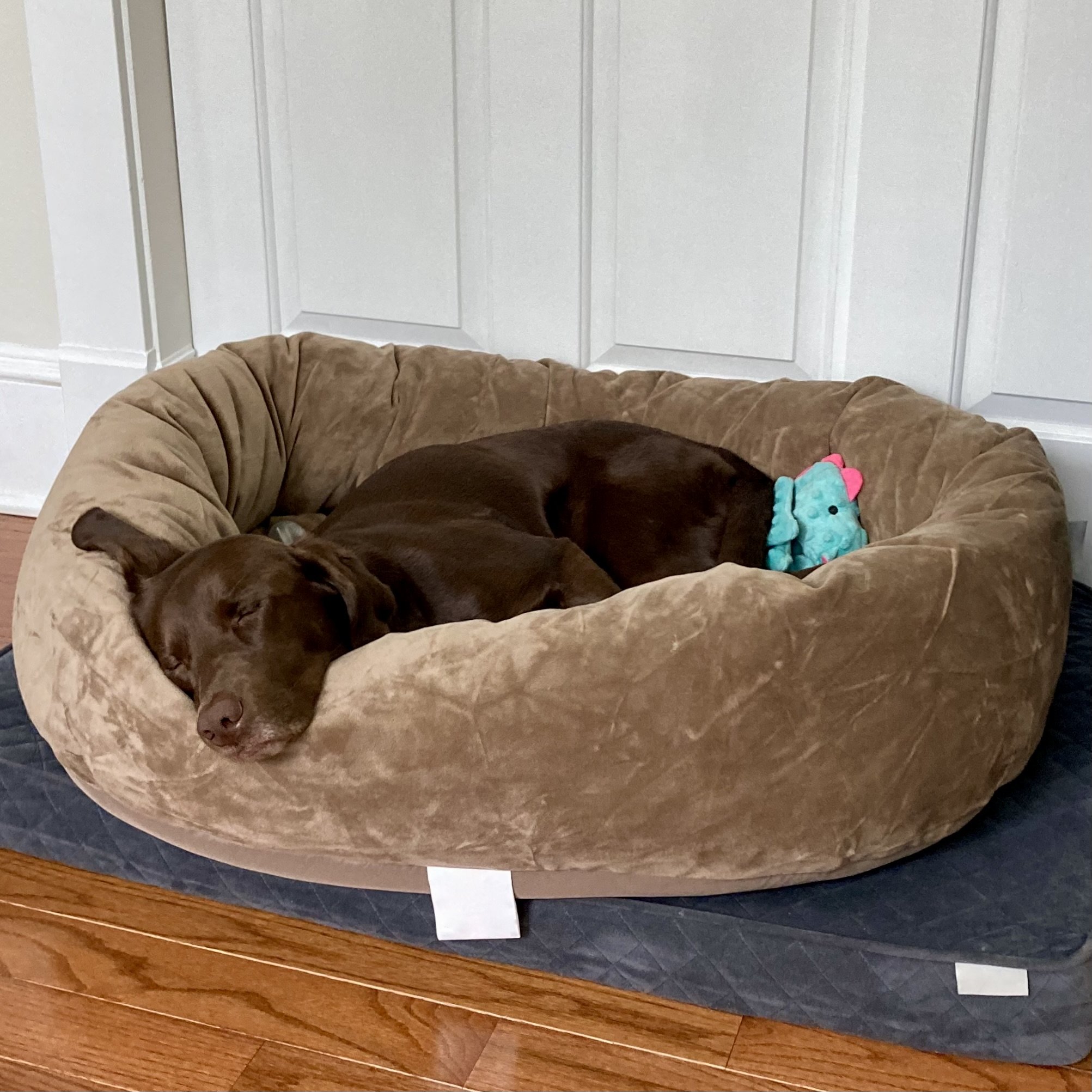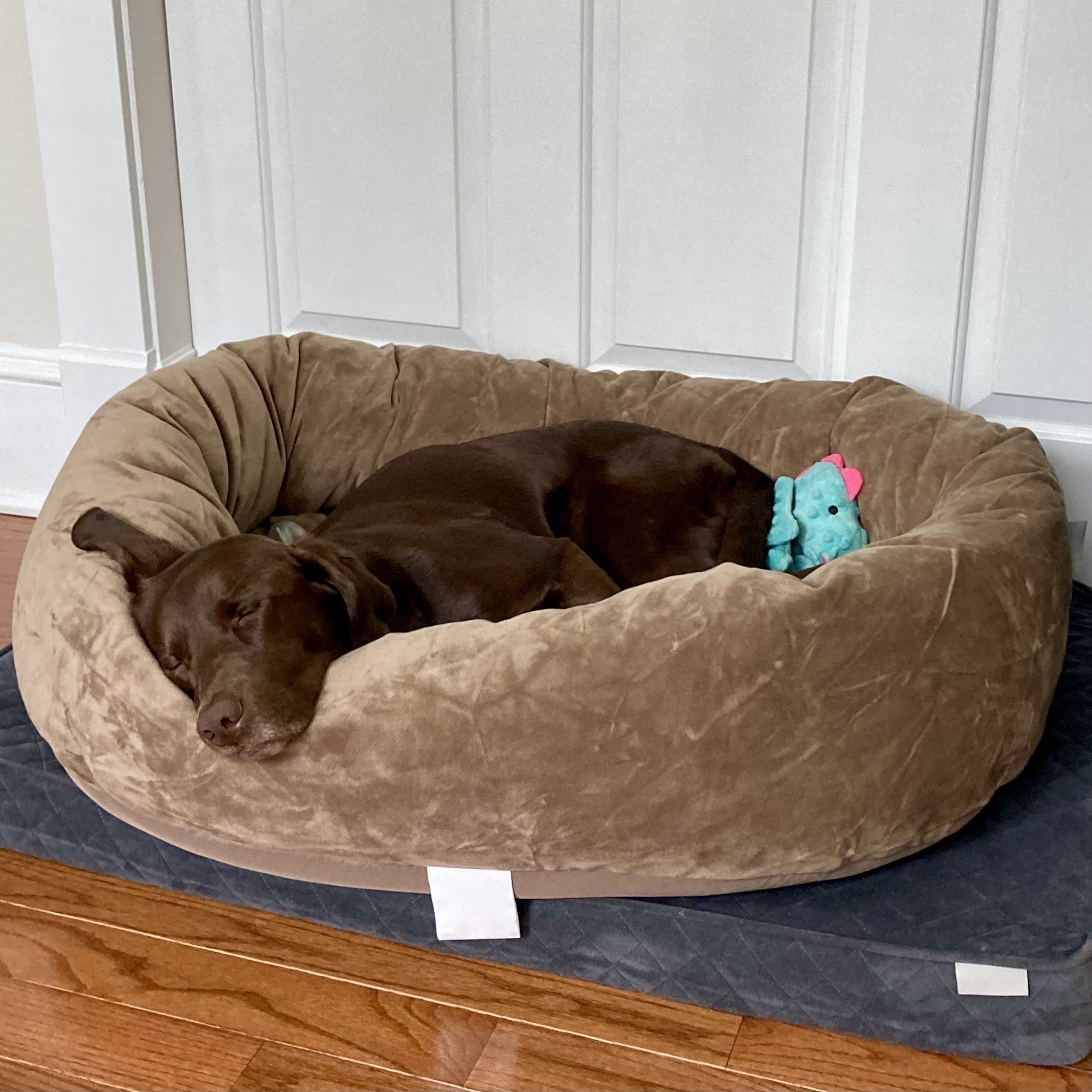Brains are weird and that’s normal.
Our brains are amazing, clever creatures but they can also be incredibly annoying and frustrating.
Maybe yours likes to worry at night when it doesn’t need to. Constantly reminding you of various shoulda, coulda, woulda’s even though it’s definitely not helping.
Or maybe your brain refuses to cooperate and work with you on your goals of being more organized and getting distracted less often.
The trick is that there’s often a difference between what makes sense logically and what actually works in a real live brain. My goal is to use evidence-based, CBT frameworks to help clients understand their brain’s patterns so they can implement practical and sustainable change that will last.
Practical, evidence-based approach for everyday challenges.
Anxiety
Our brains love to worry and try to trick us into thinking it’s helpful. Saying, “just don’t think about it!” also isn’t helpful (and sadly doesn’t work) so my goal is to help you find ways to unhook from worry so you can focus on what matters the most to you.
Stress
If you’re alive, you have stress. It’s unavoidable but it doesn’t have to get in the way of enjoying life. When we learn how to listen to it and work with it, rather than against it, then we don’t need to banish it to perform at our best.
ADHD
As a psychologist, I don’t prescribe medication so my role is help you understand how your individual brain works best and the strategies, techniques it needs.
FAQs
-
Appointment hours are between 10am and 4pm Tuesday, Wednesday, Thursday. Friday between 9am and 1pm.
I do not have evening/weekend appointments.
-
I have found that starting with weekly sessions and then switching to every other week after about 6-12 weeks is most helpful.
Consistency is super important, especially in the beginning so I generally don’t start with every- other-week sessions and don’t recommend it.
-
Ah, the classic psychologist answer - it depends. It really is very variable and depends on people’s goals and motivation.
The most specific general answer I can give is that most people find benefit in the first few sessions and most people do at least 4-6 months. Some people want to meet for longer than that and it’s not uncommon for people to take a break and restart later.
-
My “theoretical orientation” is CBT (cognitive behavioral therapy). It’s an evidence-based approach where we focus on patterns between our thoughts, feelings, and behaviors.
So if I have a difficult meeting with my boss, I might feel stressed, and then want to avoid working on that challenging project. CBT asks, “What can I shift in what I’m doing or how I’m thinking so I can get the project done or not lose sleep tonight or not be in my head all evening so I can still be a present partner, parent, friend, dog parent etc.
I also integrate ACT (acceptance and commitment therapy), relaxation skills training, and/or problem solving skills training depending on a client’s goals.
-
Insurance is tricky because most insurance companies pay 30% to 50% less while requiring more work. It’s also risky for therapists because if the insurance company makes a mistake then they can come back years later, take the money out of the therapist’s bank account, and the therapist has no recourse.
Most therapists would love to be able to accept all insurance but it’s not a luxury that every therapist can afford.
Meet the Team
-

Dr. Jenny Evans
-

Maple
My Background, Training, & Experience
My name is Jenny Evans, Ph.D. and I am a licensed clinical psychologist in California (PSY 34985) and Washington (PY 60962668). I grew up outside San Diego and played lacrosse at UCLA (Go Bruins!). After graduating, I taught English in the South of France for a year and traveled to as many Italian cities as I could. I then returned home and worked for the family business for several years while saving up for grad school.
I completed my masters and PhD in clinical psychology and an APA-approved predoctoral internship in San Diego, training and working with kids, teens, and adults in hospital, school, and clinic-based settings. Over the years, I have worked and trained in pediatric psychology at several major hospital systems including, Rady Children’s Hospital in San Diego, the Cleveland Clinic, and Children's Hospital of Wisconsin. I was also a faculty member of Nationwide Children’s Hospital and Assistant Clinical Professor at the Ohio State University.
After several years of working in large hospital systems, I started my own private practice working with teens and adults around stress, anxiety, and ADHD and since 2019 I have been in private practice.
I have one very lazy co-worker named Maple who can occasionally be heard talking in her sleep during a session. Her motto: “Am I boring? Sure. Social skills? None. But I’m loyal if you feed me and will never leave you because, well, I need the food.”
In my free time I enjoy spending time with friends and family, doing sporty stuff (playing or watching soccer, coaching and reffing lacrosse) and doing any and all manner of dog stuff with my pup.


